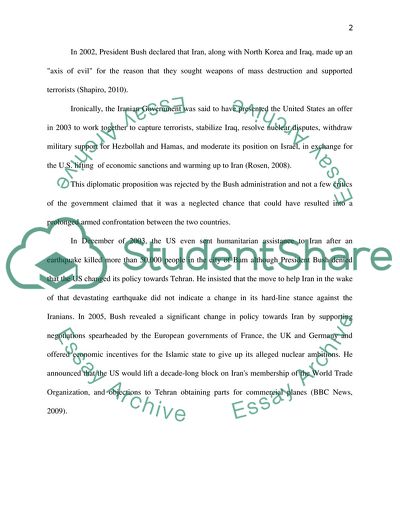Cite this document
(The US and Iran Conflict Coursework Example | Topics and Well Written Essays - 1500 words, n.d.)
The US and Iran Conflict Coursework Example | Topics and Well Written Essays - 1500 words. https://studentshare.org/politics/1746002-political-since
The US and Iran Conflict Coursework Example | Topics and Well Written Essays - 1500 words. https://studentshare.org/politics/1746002-political-since
(The US and Iran Conflict Coursework Example | Topics and Well Written Essays - 1500 Words)
The US and Iran Conflict Coursework Example | Topics and Well Written Essays - 1500 Words. https://studentshare.org/politics/1746002-political-since.
The US and Iran Conflict Coursework Example | Topics and Well Written Essays - 1500 Words. https://studentshare.org/politics/1746002-political-since.
“The US and Iran Conflict Coursework Example | Topics and Well Written Essays - 1500 Words”. https://studentshare.org/politics/1746002-political-since.


